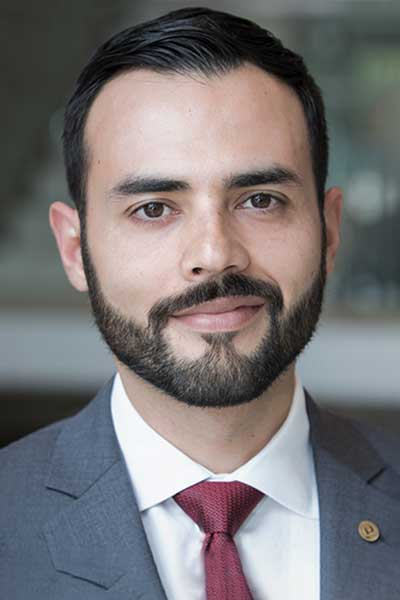
Peer Support to Enhance Type 2 Diabetes Prevention Among African American and Latino Adults
La Nouvelle Orleans Ballroom B
Level 2, Ernest N. Morial Convention Center
Q&A with Luis A. Rodriguez, PhD, MPH, RD
Post Doctoral Research Fellow,
Kaiser Permanente Northern California

What is your presentation about?
Peer support has been used across diverse settings to help people manage their diabetes, but less in diabetes prevention interventions. In this presentation, I will be discussing how regular outreach and support from a peer coach may help adults with prediabetes increase uptake, engagement, and maintenance of healthy behaviors to decrease progression to type 2 diabetes. Peer support interventions may be especially relevant for African American and Latino adults who are disproportionately burdened by social determinants of health.
What makes this topic important in 2022?
The UPSTART study will provide rigorous evidence on the effectiveness of peer support for diabetes prevention. These types of interventions are essential to help lower the epidemic of type 2 diabetes and addressing disparities based on income and race and ethnicity.
How did you become involved with this area of diabetes research or care?
My work in diabetes prevention is motivated by the growing gap in racial and ethnic disparities. Consequently my research aims to identify the causes that contribute to health disparities and inform clinical and public health policy interventions.
What are you most looking forward to at the 82nd Scientific Sessions?
After these past two years of virtual conferencing, I look forward to meeting old friends and new colleagues in diabetes prevention. I especially look forward to presenting my work, exchanging ideas, and the opportunity to learn from other field experts.
[sub-post-content]